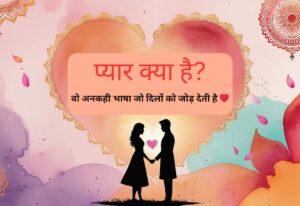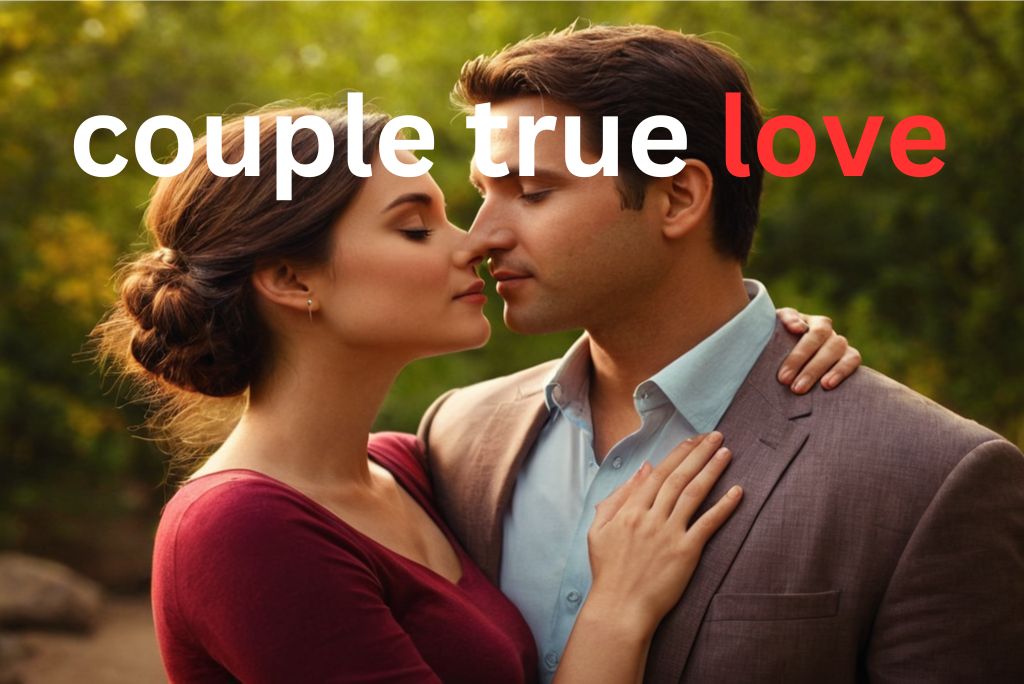Have you ever wondered how close relationships sour into hostility? In this guide, we explore the core emotional and psychological reasons behind why people become enemies—whether in families, friendships, or workplaces. Understanding these patterns can help you prevent future fallout and heal existing wounds.
Table of Contents
ToggleHow Miscommunication Fuels Conflict
The Danger of Assumptions
When we assume what others mean without clarification, we risk misinterpreting their intentions. Assumptions fill in communication gaps with our personal biases, leading to misunderstandings and emotional reactions. For instance, assuming someone is ignoring you when they’re actually busy creates resentment without reason. Conflict often begins not with malice, but with an unspoken assumption left unchallenged. Replacing assumptions with questions can prevent unnecessary tension and promote clarity.
Lack of Active Listening
Active listening is more than hearing words — it’s about being present, empathetic, and open-minded. When we listen just to respond rather than to understand, we miss the speaker’s true message. This disconnect leads to repeated conversations, frustration, and even emotional withdrawal. Conflict escalates when people feel unheard or invalidated. Practicing active listening — by maintaining eye contact, avoiding interruptions, and reflecting back what you heard — builds trust and reduces misunderstandings before they become bigger problems.
Jealousy and Comparison
The Silent Rivalry in Friendships
Jealousy often creeps into friendships silently, hidden behind smiles and casual conversations. When one friend achieves something — a promotion, relationship, or recognition — the other may feel a subtle sting of inadequacy. This unspoken competition can strain bonds, turning admiration into resentment. True friendships thrive when both people feel valued without needing to outshine each other.
Pro Tip: Open, honest conversations and mutual celebration of each other’s wins can dissolve hidden rivalries before they become toxic.
Social Media and Emotional Triggers
Platforms like Instagram and Facebook amplify comparison. Seeing curated snapshots of others’ lives — vacations, successes, or relationships — can make you feel like you’re falling behind. Even close friends may unintentionally trigger envy through their posts, leading to emotional distance or negative self-worth.
Solution: Limit passive scrolling, remind yourself that social media isn’t reality, and focus on nurturing real-life connections that feed your self-esteem.
Ego Clashes and Power Struggles
Pride vs. Humility
Ego clashes often begin where pride overshadows humility. When individuals view compromise as weakness or feel threatened by differing opinions, small disagreements can escalate into full-blown conflicts. Pride demands to be right; humility seeks understanding. In relationships—whether romantic, professional, or familial—learning to listen without defending and to respond without attacking is key. Humility doesn’t mean self-erasure; it means making space for others to be heard, which defuses tension and builds trust.
Key Tip: Next time you feel triggered, pause and ask, “Am I listening to win or to understand?” That small moment of reflection can shift the entire dynamic.
Competition in Close Relationships
While a healthy dose of motivation can push partners or friends to grow, constant comparison and competition breed resentment. Power struggles often emerge when one person feels the need to outshine or control the other. This invisible scoreboard—who earns more, who’s more admired, who sacrifices more—slowly corrodes intimacy. Real closeness requires a mindset of we, not me versus you.
Remember: You’re not opponents in a game. You’re teammates navigating life’s challenges together.
Trust Broken: Lies, Betrayal, and Secrets
Why Forgiveness Isn’t Always Immediate
Forgiveness is often seen as a noble and healing act—but it’s not always instant, nor should it be. When lies, betrayal, and hidden truths come to light, the emotional impact can feel like a punch to the soul. Trust, once broken, shatters the foundation of safety in a relationship. That’s why expecting immediate forgiveness can be unrealistic and even harmful.
Healing from betrayal involves processing a complex mix of emotions: shock, anger, grief, and confusion. People need space to understand what happened and how it affects them. Rushing this process can lead to shallow forgiveness that doesn’t last. True forgiveness—if it comes—must be earned through honesty, empathy, and consistent behavior over time.
Rebuilding Trust Takes Time
Broken trust isn’t repaired overnight. It’s not about grand gestures, but small, consistent actions that prove reliability and integrity. After betrayal, the betrayed party often struggles with fear, doubt, and hyper-vigilance. Rebuilding trust means slowly dismantling those fears—one truth, one promise kept, one transparent action at a time.
The person who broke the trust must demonstrate sincere remorse, take responsibility without defensiveness, and be patient with the healing process. Meanwhile, the person who was hurt must feel safe enough to express their pain and see real change. There’s no shortcut. Trust rebuilt slowly and authentically is often stronger than before—but only if both parties stay committed to the process.
External Influence and Gossip
The Role of “Third-Party Poison”
One of the most underestimated reasons people become enemies is due to third-party influence—commonly known as “third-party poison.” This occurs when an outside person (a friend, relative, or colleague) sows doubt, mistrust, or negative assumptions in one person about another. Over time, repeated exposure to this “poison” changes perceptions, even in healthy relationships.
The damage is subtle yet powerful. A single comment like “Are you sure they’re being honest with you?” can plant a seed of suspicion that slowly grows. This form of influence often thrives in environments where communication is weak and emotional insecurity is present.
What makes third-party poison dangerous is that it disguises itself as concern or advice, making it harder to detect. It corrodes trust from the shadows, and by the time the damage is visible, relationships may already be broken.
How to Identify Toxic Influence
Recognizing toxic influence is the first step to protecting your relationships. Here are key signs to watch for:
- Frequent Negative Commentary: A third party constantly points out flaws or misinterprets the actions of someone close to you.
- Emotion Manipulation: You often feel confused, defensive, or angry toward a person without clear reasons—usually after talking to someone else.
- Divide and Control Tactics: The influencer tries to isolate you from others, often using phrases like “They’re not good for you” or “I’m the only one who really understands.”
- Guilt Trips and Pressure: You’re made to feel guilty for forgiving, trusting, or reconciling with someone they dislike.
- Consistency of Conflict: Arguments and misunderstandings seem to increase after your interactions with the influencing person.
To protect yourself, evaluate the intention and impact of external opinions. Encourage direct communication with the people involved instead of relying solely on hearsay. Emotional clarity, open dialogue, and strong boundaries are your best defenses.
Emotional Wounds from the Past
Childhood Patterns Repeating in Adult Conflicts
Many adult arguments aren’t just about what’s happening in the moment — they’re echoes of unresolved childhood experiences. When someone felt neglected, controlled, or invalidated as a child, those early emotional patterns often resurface in close relationships. For example, a partner’s constructive feedback may feel like criticism from a disapproving parent. These subconscious reactions can create unnecessary tension unless we recognize and heal the root cause.
Unresolved Trauma and Projection
Unhealed emotional wounds often lead us to project our fears, insecurities, or past pain onto others. A person who was betrayed in the past may struggle with trust, even when their current partner is reliable. This projection creates confusion and distance, turning small issues into major conflicts. Becoming aware of these triggers is the first step toward breaking the cycle — and building healthier, more grounded connections
Lack of Emotional Maturity
When emotional maturity is lacking, relationships often suffer. People who cannot handle emotional discomfort tend to either lash out or withdraw—both behaviors that sabotage communication and connection.
Reactivity vs. Responsiveness
Reactivity is impulsive and emotionally charged—like snapping back in anger or shutting down when criticized. Responsiveness, on the other hand, involves pausing, processing, and then choosing a calm and constructive way to express yourself. Emotionally mature individuals respond thoughtfully instead of reacting impulsively, which builds trust and emotional safety in relationships.
Importance of Self-Regulation
Self-regulation is the ability to manage your emotions, even when they’re intense. It’s what keeps arguments from turning into personal attacks and helps you stay grounded in difficult conversations. Without this skill, misunderstandings escalate quickly, making healthy communication nearly impossible. Cultivating emotional regulation is essential for any relationship to thrive.
How to Protect Yourself and Heal Relationships
Set Healthy Boundaries
Boundaries are the foundation of emotional safety in any relationship. They clarify what behavior is acceptable and protect your mental well-being. Start by identifying your core values and emotional limits. Then communicate them clearly, without guilt or aggression. Remember: setting boundaries isn’t about pushing people away—it’s about preserving connection with respect. When others know your limits, relationships become more honest, balanced, and sustainable.
Learn Conflict Resolution Skills
Conflict is natural—even healthy—when handled with care. Instead of avoiding tension, learn to approach it constructively. Use “I” statements to express how you feel without blaming. Listen actively and validate the other person’s experience. Avoid raising your voice or interrupting. The goal isn’t to “win” but to understand and find common ground. Practicing these skills not only prevents emotional damage but strengthens trust and connection over time.
Focus on Emotional Growth
Healing starts from within. Take time to reflect on your emotional patterns—do you react out of fear, insecurity, or past wounds? Developing emotional intelligence helps you respond more calmly and compassionately. Journaling, therapy, and mindfulness practices can guide you toward deeper self-awareness. As you grow, you’ll notice a shift in how you relate to others—more empathy, less reactivity, and healthier communication overall.
Read Also:
http://The Truth About Panic Attacks, And How to Calm Them Quickly
Emotional But Unseen: Why People Don’t Value Your Sensitivity
FAQ:
Q1: Can two people become enemies even without a major fight?
Yes, unresolved emotions, jealousy, or miscommunication can silently turn people into emotional enemies
Q2: Is it normal to feel guilty when a friendship ends badly?
Absolutely. Guilt is common, but reflection and growth can lead to emotional healing
Q3: How can I tell if someone secretly sees me as an enemy?
Look for subtle signs like passive aggression, sarcasm, or exclusion from conversations.
Q4: Should I confront someone who has become hostile toward me?
If done calmly and respectfully, confronting the issue can lead to clarity or closure.
Q5: How do I let go of resentment toward someone I used to care about?
Practice empathy, write your feelings down, or seek therapy to release emotional pain.









1 thought on “The Psychology Behind Broken Bonds and Growing Hatred”